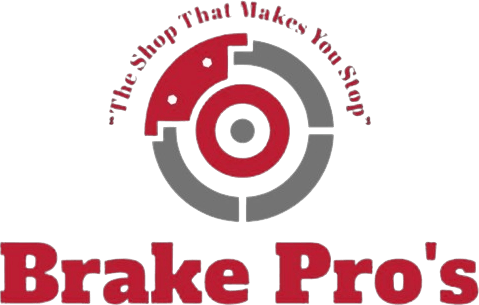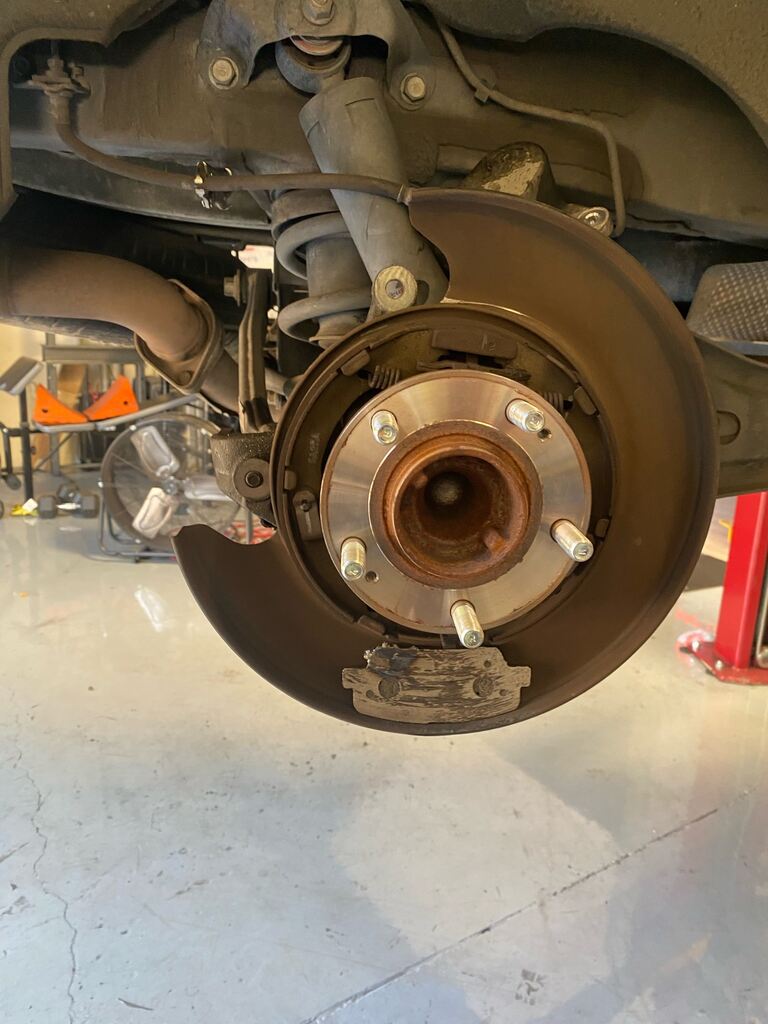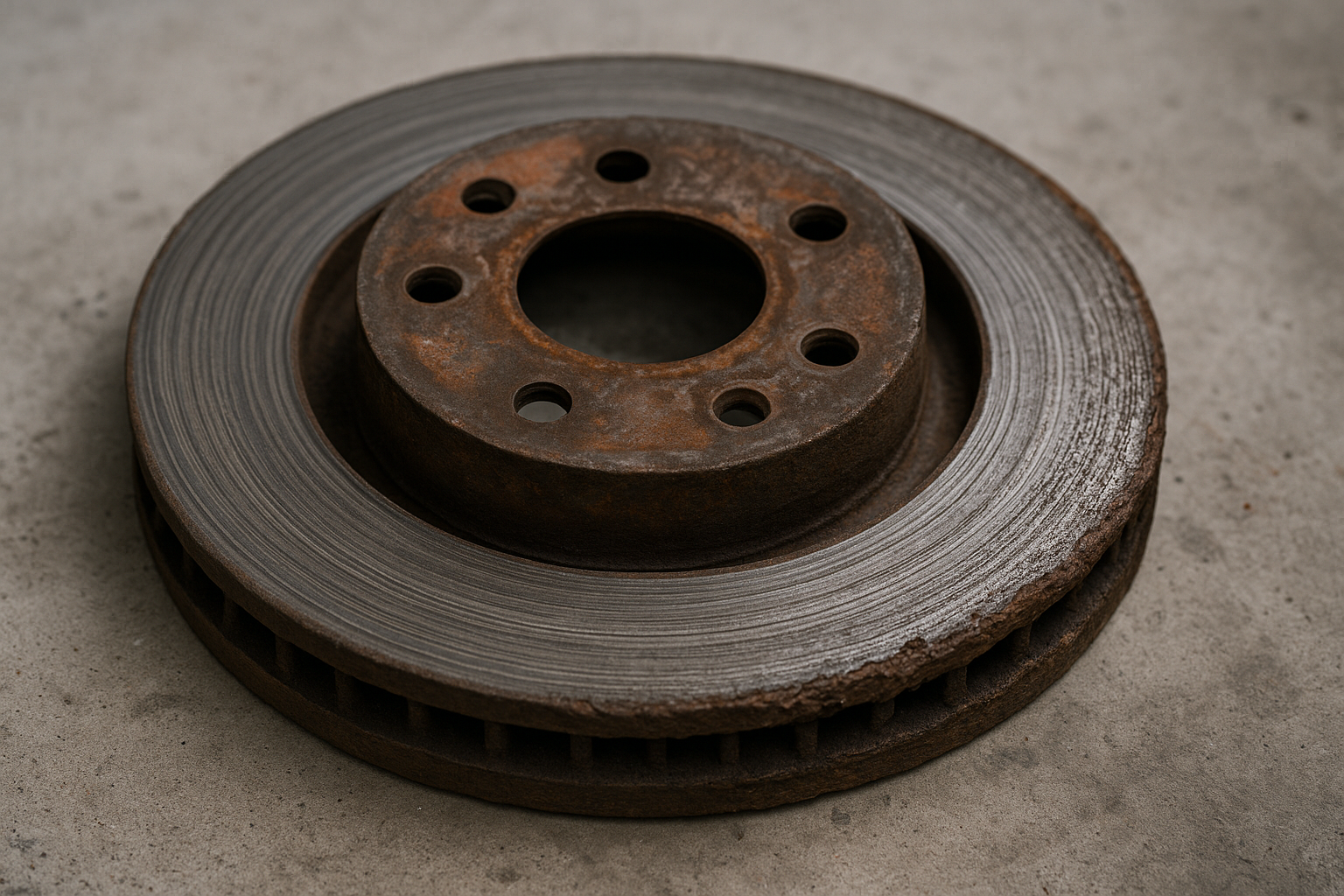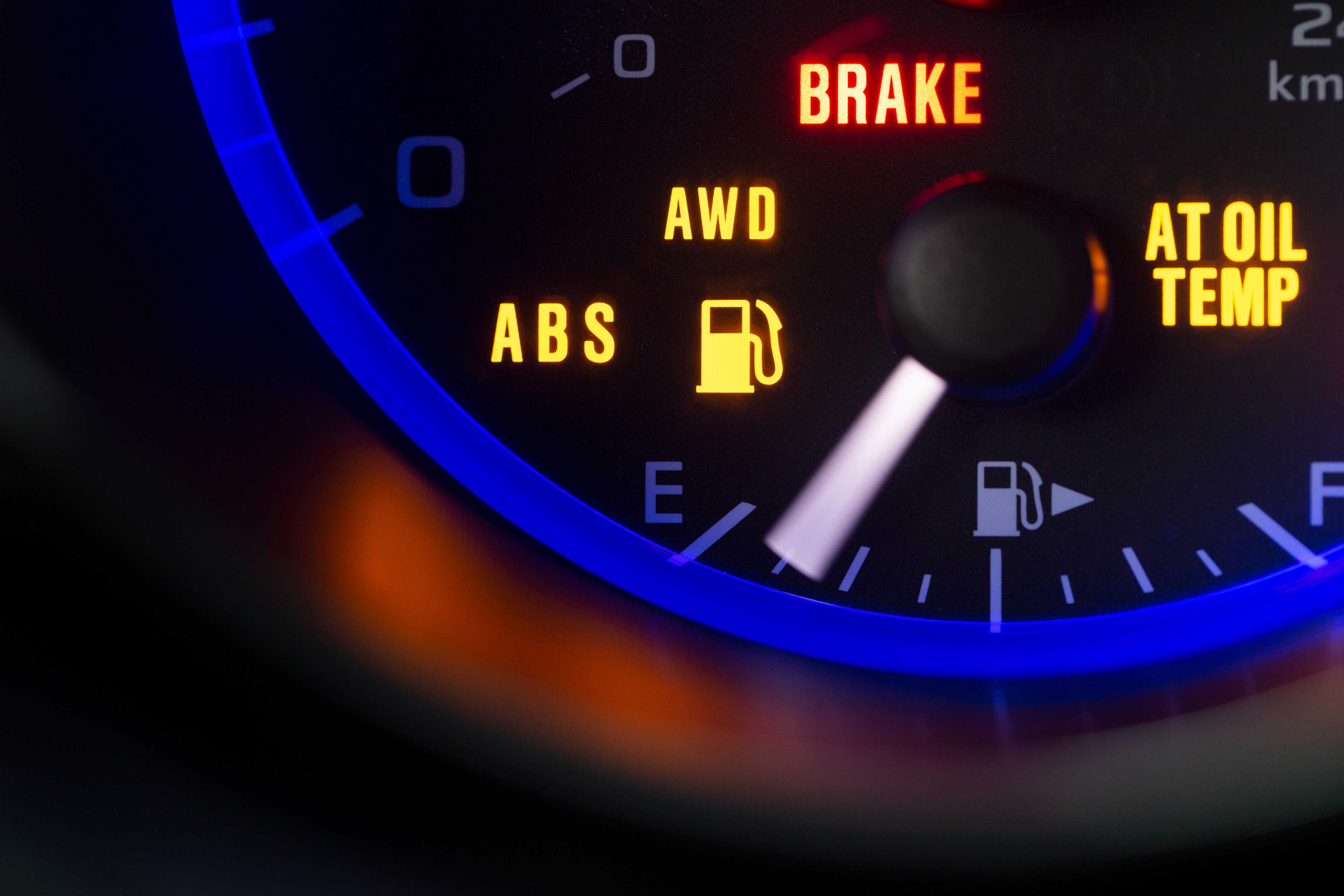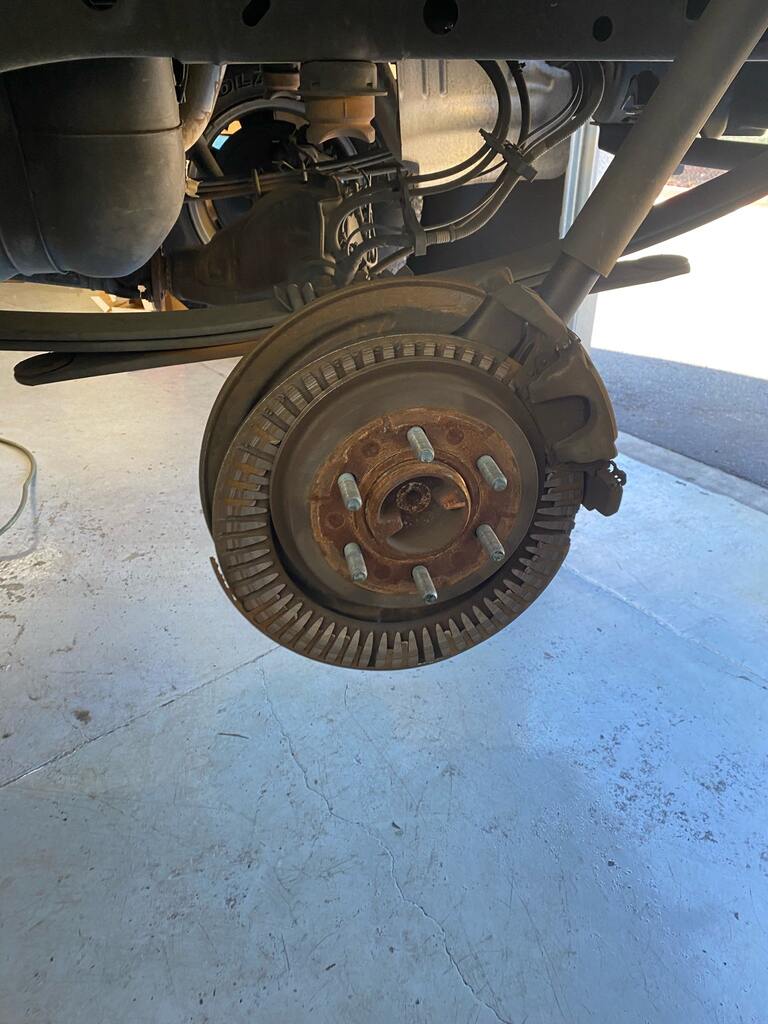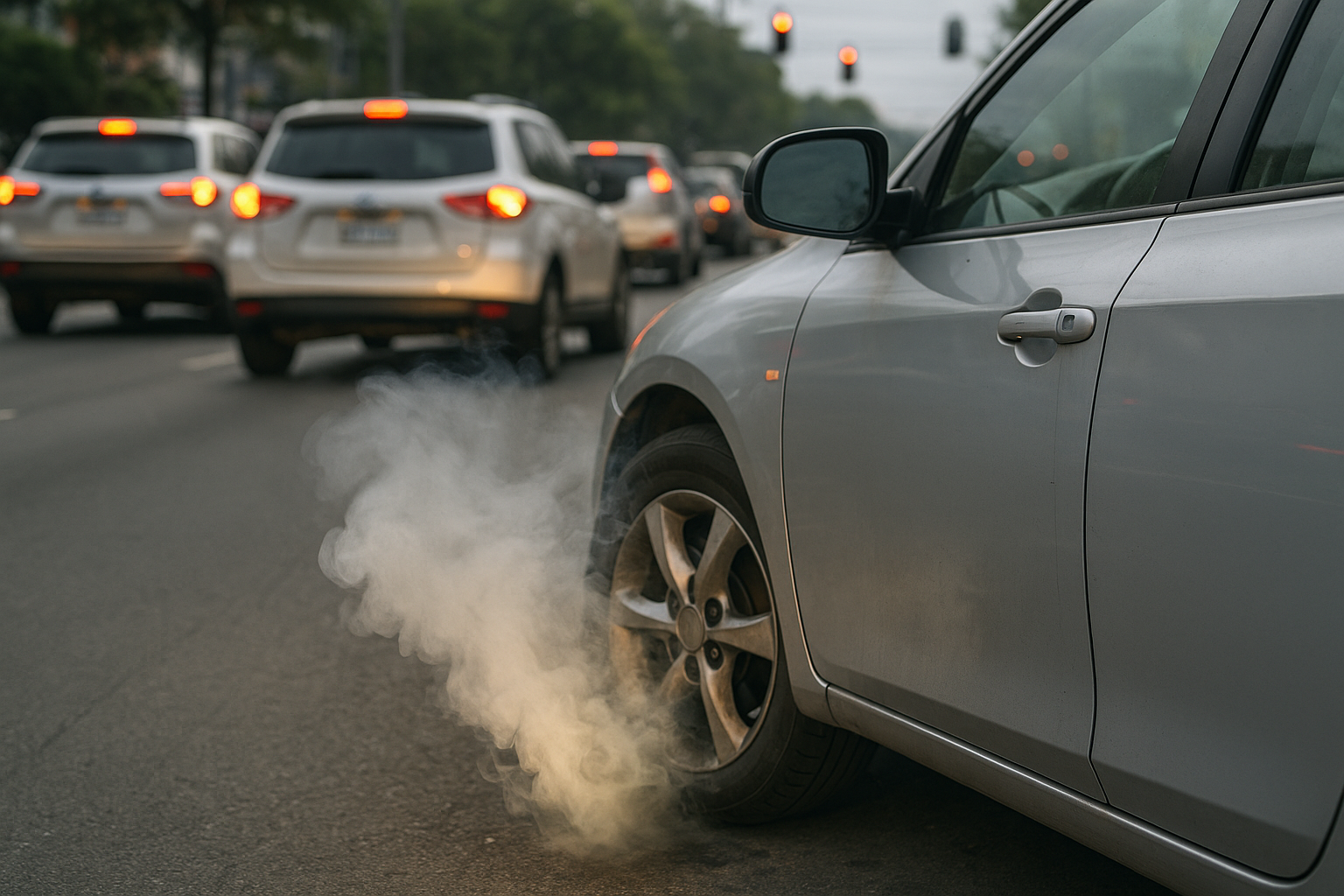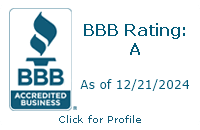Blog
What Happens If You Drive With Thin Brake Pads
Thin brake pads mean you can’t count on your car to stop when you need it. Press the pedal and you get less bite, more noise, and a longer wait before the car slows down. That’s not just annoying. It’s a real risk every time you drive. Ignore it, and you’re gambling with your safety and your wallet.
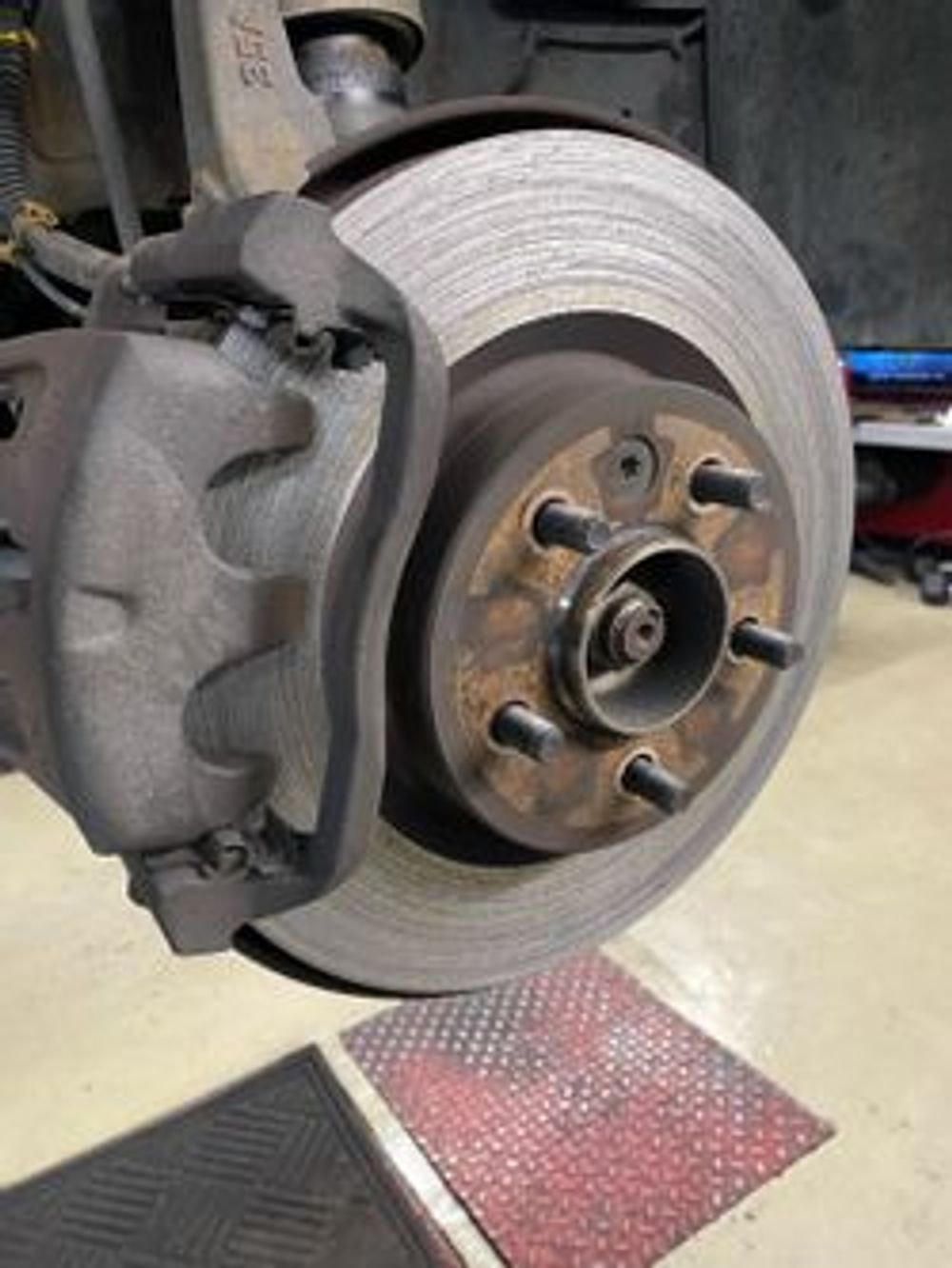
Why Thin Brake Pads Spell Trouble
Bad brakes send clear signals before they fail completely. First comes the noise - sharp squeals that pierce your ears. Then the shaking starts, moving from your pedal right through the floor. These warnings point to bigger problems: brake pads wearing paper-thin, metal parts scraping against each other, and heat damage spreading through the system.
- Rotors get chewed up fast. Metal-on-metal contact leaves deep grooves and hot spots.
- Stopping distance stretches out. You press the pedal, but the car keeps rolling.
- Braking feels jumpy or uneven. The pedal might pulse or sink lower than usual.
- Complete brake failure becomes a real risk. The pad material disappears, and the system can’t grip.
- Repair bills climb. What started as a pad swap now needs new rotors, maybe even calipers.
- Safety features like ABS and stability control can’t do their job. The car’s systems rely on solid, responsive brakes.
Every mile on worn pads makes things worse. The damage stacks up. The risk grows. And the cost to fix it only goes one way: up.
What Delayed Brake Service Really Costs
Putting off brake service doesn’t just hit your wallet. It chips away at your safety. Thin pads grind down rotors, and that’s just the start. Calipers overheat and seize. Brake lines get stressed. Fluid boils. Suddenly, you’re not just replacing pads. You’re rebuilding half the system.
Here’s what drivers actually face when they wait too long:
- Your rotors get damaged. That's $500+ gone right there.
- Calipers fail next. More parts, more labor, more money.
- Bad brake fluid makes your pedal feel mushy. Water gets in, safety goes out.
- Quick stops become scary. Your car might not brake when you need it most.
A simple brake check stops these problems cold. Fresh pads are cheap and quick. But wait too long? You're paying big money to fix everything - and driving around scared your brakes might fail.
Clear Signs Your Brakes Need Attention
Your car speaks a clear language when brakes start to fail. That high-pitched squeal? It's a metal tab hitting your rotor - the last warning before total pad wear. The harsh grinding means metal-on-metal contact has started. When your brake pedal shakes, your rotors are warped or your pads are wearing unevenly. Each signal means it's time for professional brake service.
Smart drivers act on these signs fast. They don't wait for warning lights. Those come on after damage is done. Bad brakes only get worse - and more costly. Fix small issues now, or face big problems later.
How Thin Pads Undercut Safety
Modern cars rely on more than just the driver’s reflexes. Anti-lock brakes, traction control, and emergency braking all depend on healthy brake pads. When pads wear thin, these systems can’t react fast enough. The car slides instead of stopping. The wheels lock up. The safety net disappears.
Here’s what happens when pads get too thin:
- ABS can’t pulse the brakes properly. The wheels skid instead of gripping.
- Stability control loses its edge. The car can fishtail or spin out.
- Emergency braking takes longer. The car doesn’t stop where you expect.
- Every system that keeps you safe starts to fail, one by one.
Thin pads don’t just put you at risk. They put everyone on the road in danger. That’s not a scare tactic. That’s what happens when the basics get ignored.
Why Professional Brake Service Matters
A trained mechanic spots what DIY work might miss. They check the whole system - not just the obvious parts. Their tools measure rotor thickness down to the millimeter. They know the signs of failing calipers and contaminated fluid. When you leave their shop, your brakes aren't just fixed - they're tested and proven safe.
When you bring your car to Brake Pro’s, our team doesn’t just replace pads. We check the whole system: rotors, calipers, lines, and fluid all get a once-over. That’s how we help you avoid surprise breakdowns and expensive repairs. Antioch drivers trust the job to people who know what to look for and how to fix it right the first time.
What to Do Next
Brakes aren’t something to gamble with. If you hear noise, feel vibration, or just haven’t had them checked in a while, it’s time to act. We’re here to help you stay safe and avoid the headaches that come with worn-out brakes. Call 925-428-1213 or contact us to schedule your brake inspection today.
‹ Back
